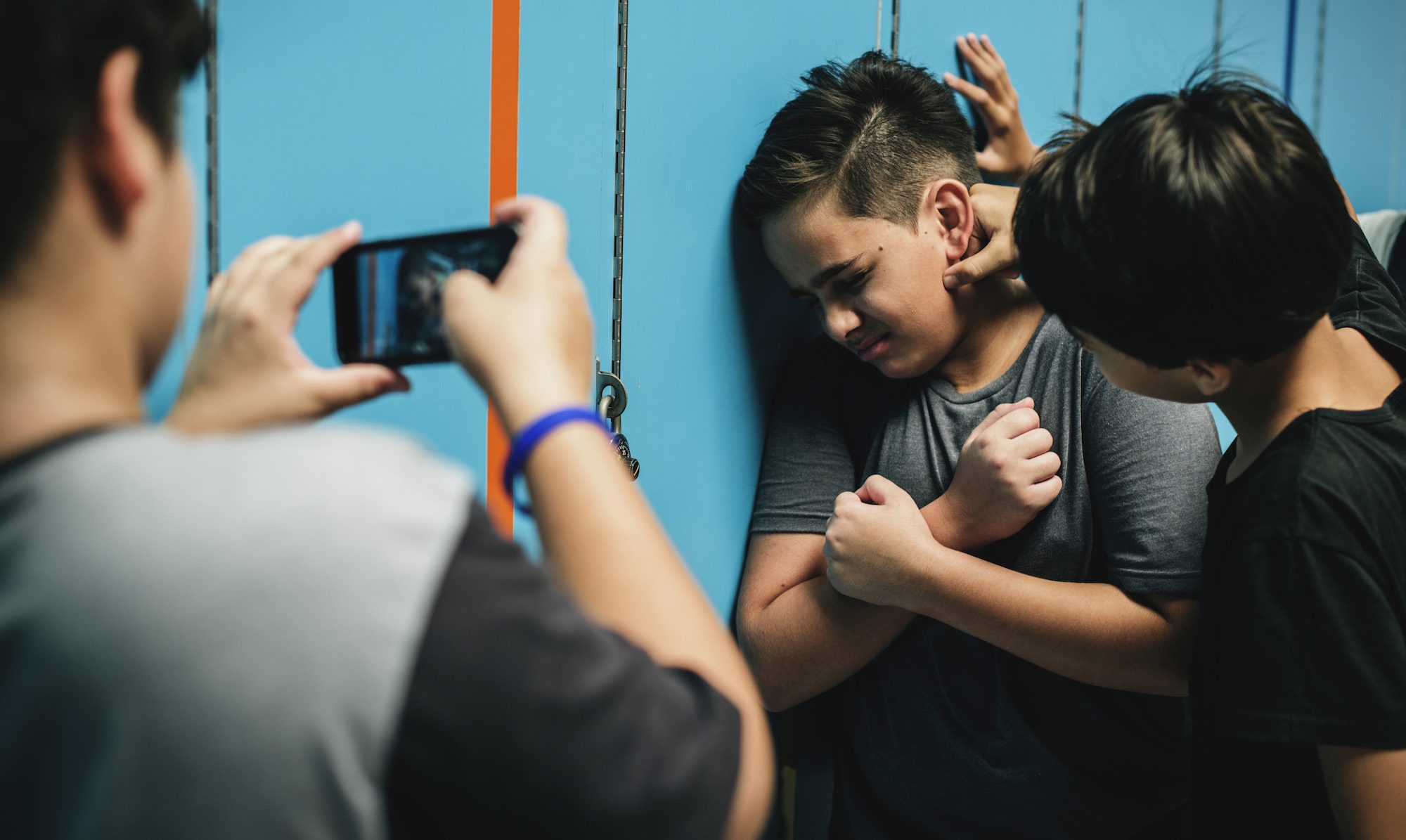UF bullying expert puts her research to work in Miami-Dade schools.
“Boys will be boys” and “sticks and stones” don’t fly with UF Professor of Psychology Dorothy Espelage. As an expert on bullying, sexual harassment, and violence in schools, Espelage knows the truth: “Not all bullies are rejected outcasts; many bully not just because they can, but also because they want to. So, why are we not moving forward on bullying?”
For her part, Espelage is garnering national support to implement anti-bullying programs that work. Most recently, she is the principal investigator of a $1 million National Institute for Justice grant-funded project to create a 36-month pilot anti-violence program for school resource officers in Miami-Dade Public Schools, in collaboration with UF’s Lastinger Center for Learning. The program incorporates contemporary research in child development, bullying, and intervention techniques to offer a culturally competent, restorative approach to youth violence.
Restorative Problem Solving framework encourages dialogue among all parties rather than relying upon a juvenile-justice or delinquency system.
As a psychologist, Espelage studies bullying in the contexts of adolescent social navigation and school politics of gender, sexuality, and ethnicity, and she concurs with other bullying experts that zero-tolerance policies are ineffective and also disproportionately affect minorities. “Let’s focus on prevention, not reaction,” she says. This approach requires an emphasis on program development rather than lobbying, as well as an acknowledgement that bullies aren’t just “kids being kids” and that there is a verifiable social–emotional environment in which some youth behave badly — and with a purpose. “My findings suggest that bullies are often motivated by sexist and homophobic attitudes,” says Espelage.
Moreover, many bullies are also victims of bullying. Espelage and her colleagues in the Lastinger Center are complementing the “trauma-informed” approach already used in Miami-Dade Public Schools to better respond to violent incidents with the “Restorative Problem Solving” framework. This approach encourages dialogue among all parties rather than relying upon a juvenile-justice or delinquency system, which research has shown to disproportionately punish students in marginalized groups.
Such social-emotional learning programs are a key part of Espelage’s activities and outreach. Bullying and harassment do not occur in a vacuum, Espelage says. Bullies are not merely unhappy kids who lash out at others, nor vicious predators who are beyond help. By examining and, perhaps, disrupting the bullying environment, anti-violence programs can actually produce results. The politically motivated “bully police” legislation, she says, does not.
To support the people, program, or research featured in this story, please visit
